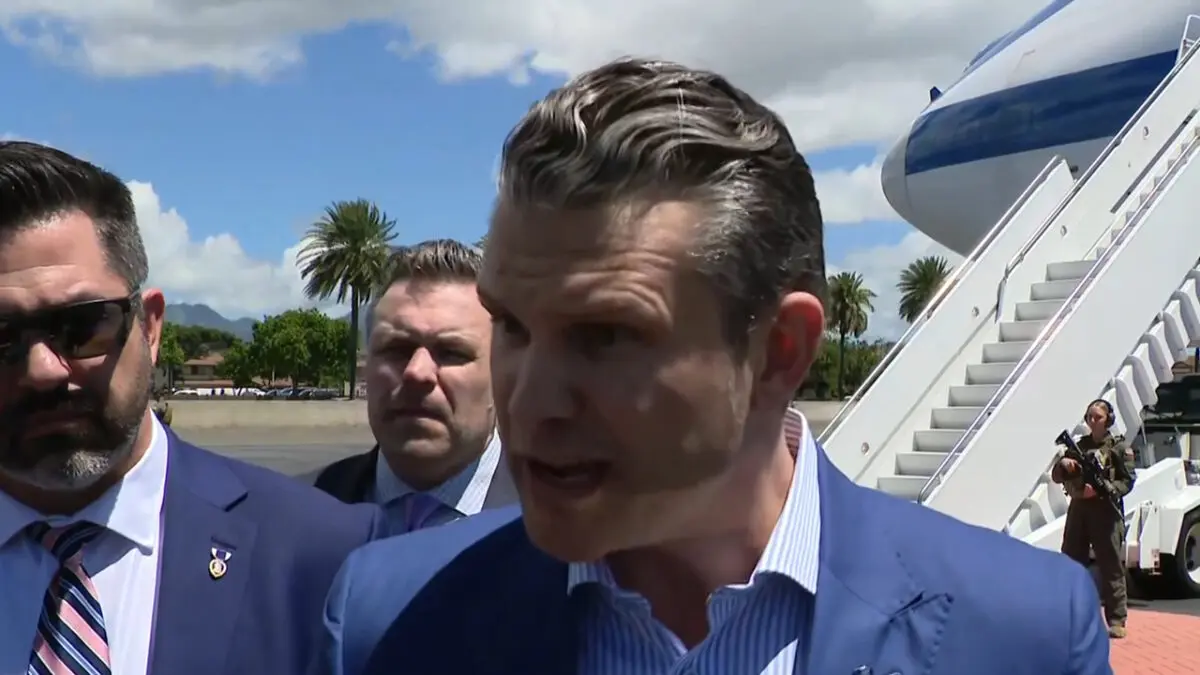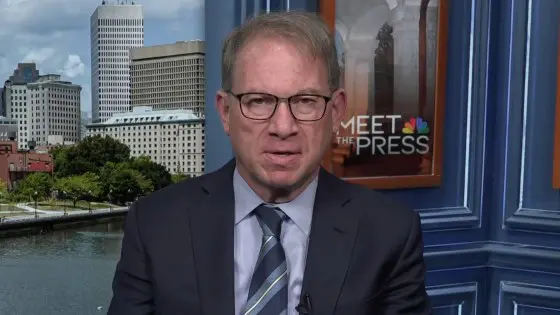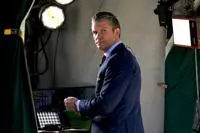The realm of political discourse has always been a breeding ground for controversy, especially in an age where social media can amplify every word spoken. One particular incident that has captured the media’s attention revolves around the group chat involving Fox News host Pete Hegseth. The intertwining of personal beliefs, public personas, and political agendas has created a fascinating and intricate web of scandals. In this exploration of the topic, we will dissect the various layers of this controversy, the responses from key players, and the wider implications for the political landscape.
Understanding the Pete Hegseth Group Chat Controversy
At the heart of the incident is a group chat that features key personalities from Fox News, a network known for its polarizing viewpoints. The comments made in this chat have raised eyebrows across the political spectrum, echoing discussions that bridge personal beliefs with professional conduct. This controversy shines a light on how private communications can become public fodder, especially when they resonate with broader societal issues.

The Origins of the Controversy
The statements made within the group chat became public after a leak that caught the attention of various media outlets including CNN, Politico, and The Atlantic. The messages reflected an often grim view of political opponents, which, while private, raised ethical questions regarding accountability. The question lingers: are public figures responsible for their thoughts expressed in private conversations?
- Public Reaction: The leak ignited a firestorm of criticism from various media platforms. Outlets like Vox and the New York Times highlighted the discord between the ideals espoused on air versus those casually discussed in private.
- Political Repercussions: Politicians from across the aisle seized on the controversy, using it to underscore the perceived hypocrisy within Fox News and its affiliates.
- Media Engagement: The Daily Beast, Slate, and Media Matters dove deep into the implications of the chat, dissecting the messages for clues about the toxic culture often described among influential media figures.
The Duality of Persona in the Media
One of the most fascinating aspects of this controversy is the preservation of the public persona versus private thoughts. For many, seeing the stark differences can be disheartening. This incident prompts the exploration of how public figures maintain their curated images while potentially harboring less palatable views. Here are examples that illustrate this duality:
| Public Persona | Private Messaging Behavior |
|---|---|
| Emphasizes unity and bipartisanship | Engages in divisive and disparaging remarks |
| Promotes empathy and understanding | Exhibits disdain for opposing viewpoints |
| Allegations of integrity and responsibility | Reveals unfiltered opinions that clash with written narratives |
The Aftermath of the Leak
Following the leak, various responses emerged. Networks like HuffPost and Fox News rushed to address the growing backlash and restore their images. The implications for Hegseth and his colleagues are significant, as the questions of trust and authenticity loom large.
Politicians and commentators alike are weighing in. How do we reconcile what we believe about public figures with the reality of their private communications? This controversy has sparked broader conversations about integrity and the responsibilities of those in positions of influence. Furthermore, it begs the question: should similar standards apply to all individuals, regardless of their public stature?
Unpacking the Ethical Dimensions of the Controversy
As the media continues to analyze this incident, deeper ethical questions arise. The nature of the conversations and their subsequent impact on trust in media drive a narrative that deserves attention. Not just limited to Hegseth, these discussions push forward a reckoning in the world of journalism and communication.

The Ethics of Leaking Private Conversations
While the content of the group chat raises questions, the act of leaking private messages is itself fraught with ethical complexity. Leaks have often served as a tool for accountability; however, they can also be interpreted as a violation of privacy. The public’s reaction to the leak has been mixed, with many arguing:
- Leaking serves a vital public interest.
- Unauthorized disclosure can compromise personal integrity.
- This breach may deter honest dialogue among political figures.
Lessons for Future Communications
This incident offers critical insights for both media figures and consumers of news. The importantly shared idea is that public personalities are continually under scrutiny, and their thoughts—expressed both publicly and privately—are subject to examination.
| Key Lesson | Implication for Media Figures |
|---|---|
| Transparency Matters | Public figures must align their private beliefs with public statements. |
| Guarding Communications | Individuals in positions of power should be cautious about private discussions. |
| Accountability as a Caution | The culture within media must promote honesty while fostering dignified discourse. |
The Broader Implications for Political Discourse
The ramifications of this incident extend beyond just one group chat. It raises essential concerns about the future of political discourse in the digital age. With so many methods of communication available, are we seeing a shift in how political dialogue unfolds?
Aspects worth considering include:
- Rise of Digital Transparency: The prevalence of leaks may encourage more cautious communication.
- Increased Public Engagement: The public’s demand for accountability continues to rise, fostering a culture of vigilance.
- Potential for Polarization: Public responses can either unify or further divide political ideologies.
Public Perception and Media Trust
Perhaps one of the significant outcomes of this entire saga is its effect on public perception and trust in media. As scandal becomes commonplace, how does the public navigate its relationships with media outlets?

The Trust Factor in Media
Public trust in media institutions has faced considerable challenges in recent years, and incidents like the Hegseth group chat merely exacerbates these concerns. Polls taken across various demographics show a disconcerting trend; trust in political media is plummeting. How can outlets like CNN and Fox News regain that trust?
| Trust Level (%) | Year |
|---|---|
| 34% | 2022 |
| 29% | 2023 |
| 25% | 2025 |
Strategies to Rebuild Trust
Media outlets must undertake deliberate strategies to regain lost ground. Potential approaches include:
- Consistent Transparency: Honest reporting and disclosure about editorial choices can uplift public perception.
- Engagement with the Audience: Listening to and valuing feedback can help people feel included in dialogues.
- Championing Integrity: Media figures should strive to maintain consistent standards in both private and public speaking.
Future of Political Engagement
How do these conversations pave the way for political interactions moving forward? Are we poised for an evolution in political rhetoric towards something more genuine and connected?
As we navigate this evolving landscape, the necessities of accountability and authenticity come to the forefront. The implications of the Hegseth group chat raise complex questions that we must unravel in order to cultivate a more meaningful political dialogue, ultimately fostering healthier engagement in public life.
The Cultural Reflection of Political Scandals
This controversy not only reveals the intricacies of an individual’s thoughts versus their public persona but also acts as a mirror reflecting contemporary societal values and expectations from leadership. It demonstrates a collective appetite for authenticity and integrity that is becoming increasingly demanding in an era dominated by information overload.
Societal Values and Standards
With political characters like Hegseth in the spotlight, society sets ideals for those in power. This incident illuminates several vital societal values:
- Integrity: The expectations for honesty and moral clarity in public figures.
- Transparency: The demand for accountability in both public and private communications.
- Engagement: An inclination towards ethics and involvement from constituents.
Reflections on Scandals in Media and Politics
While scandals are hardly new, the internet brings a unique dimension to their narratives. The rapid dissemination of information can be dizzying, rendering traditional methods of control and damage limitation nearly obsolete.
As we dissect the echoes of the Hegseth controversy, we find that collective consciousness seriously weighs trust against exposure. Scandals may arouse interest, but ultimately, society yearns for tales that foster growth and improvement.
The Search for Solutions
What are the actionable steps that society can take to foster a culture of trustworthiness among public figures? Here are constructive suggestions:
- Education on Ethics: Promote discussions and training about moral responsibility among politicians and media personnel.
- Encouraging Openness: Foster an environment where candor is valued over concealing uncomfortable truths.
- Public Discussions: Encourage community dialogues focused on media ethics and the responsibilities of public figures.
By engaging with these points, society can pave the way for a healthier and more constructive dialogue in the realm of politics and media, ultimately striving for improvement and honesty in public perception.
Source: www.nytimes.com
Hi, I’m Sarah, a 30-year-old journalist with a passion for storytelling and uncovering the truth. I strive to bring important issues to light and connect with my audience through compelling narratives.


